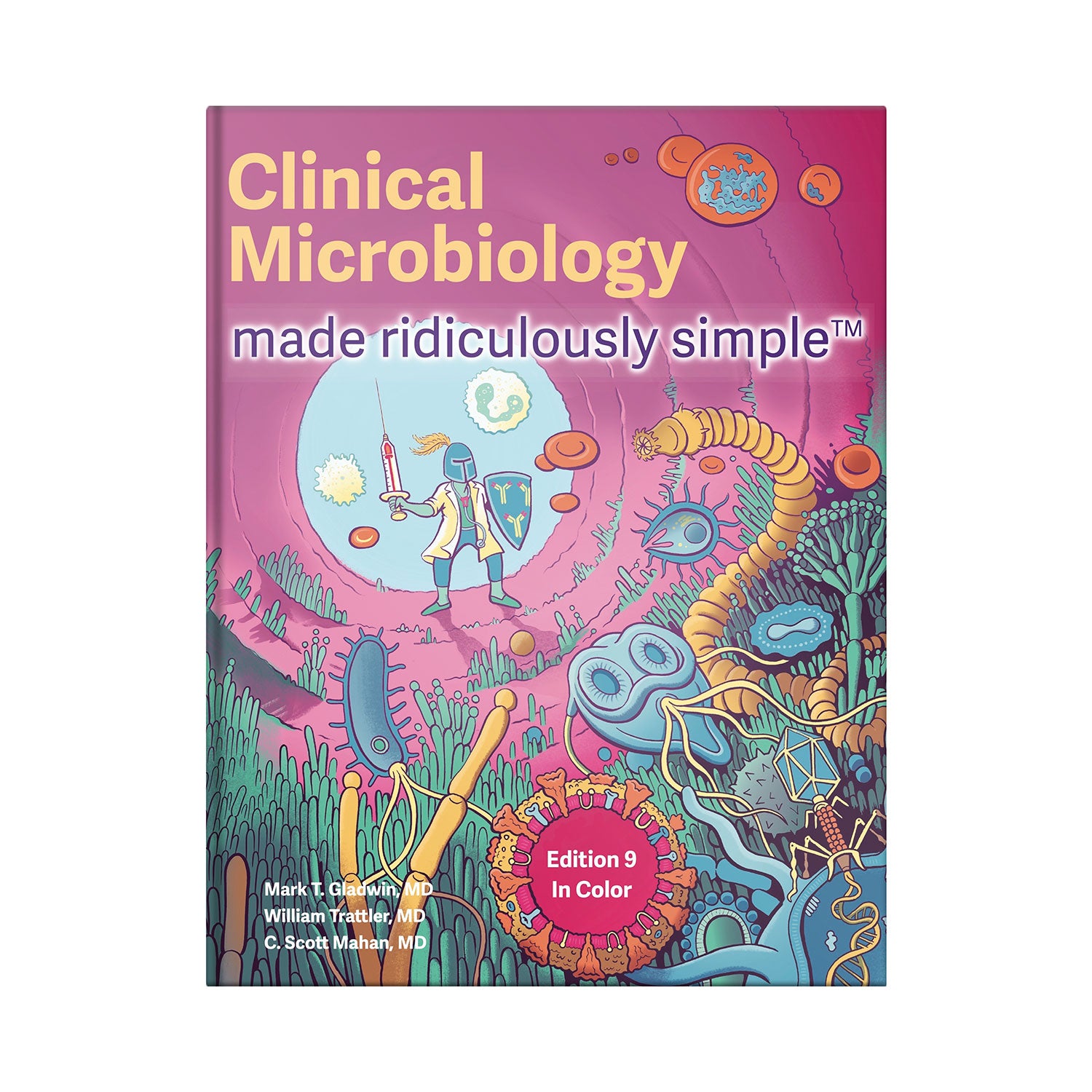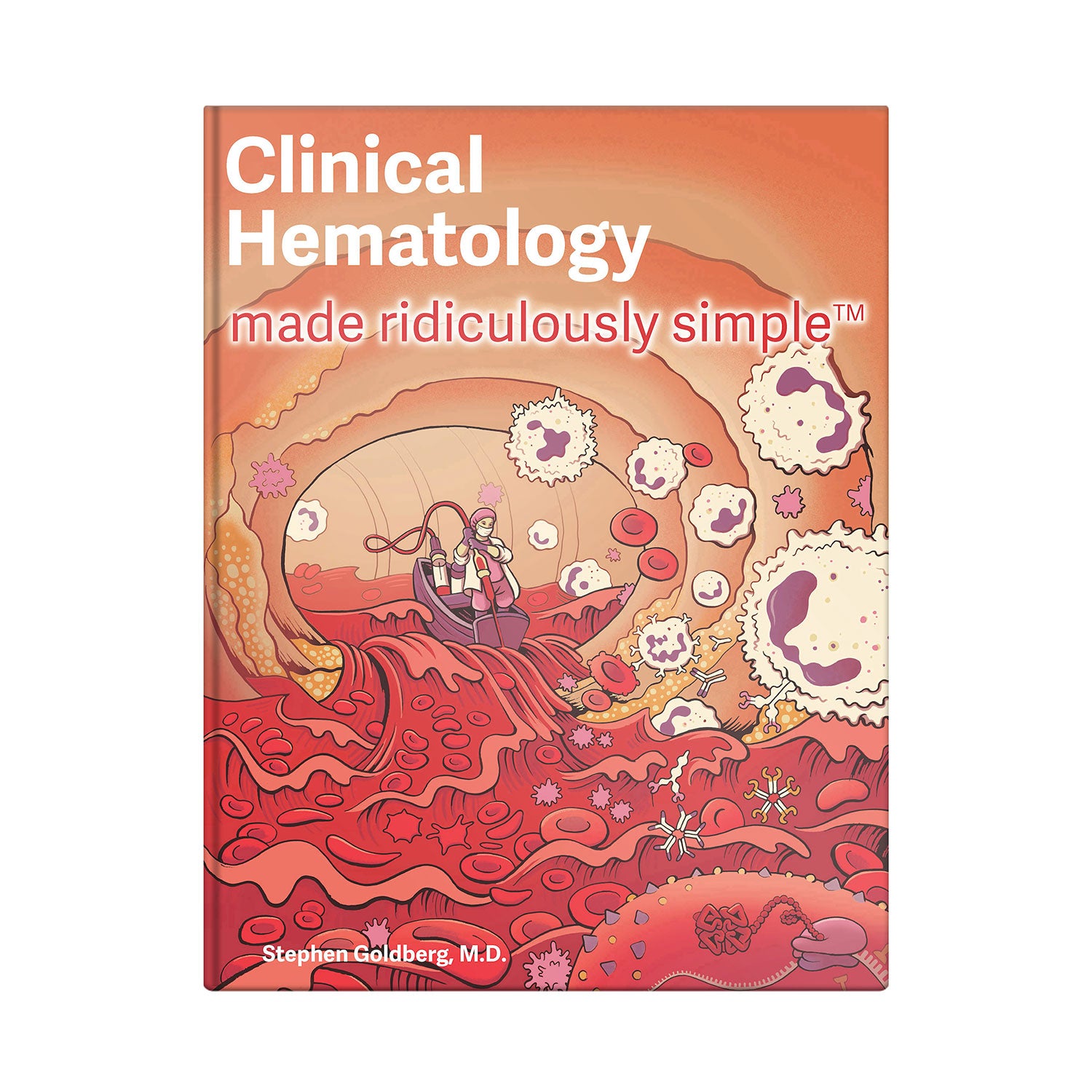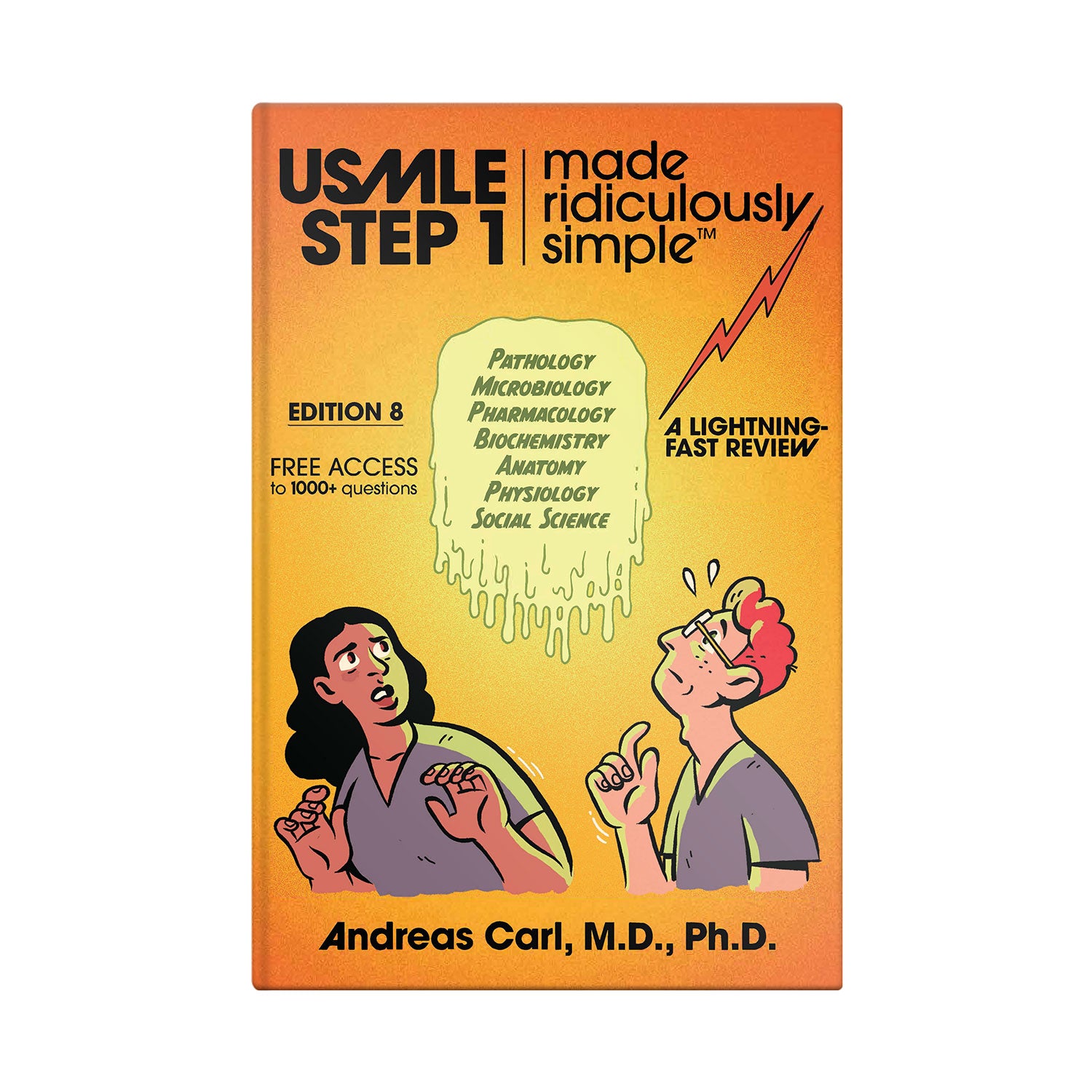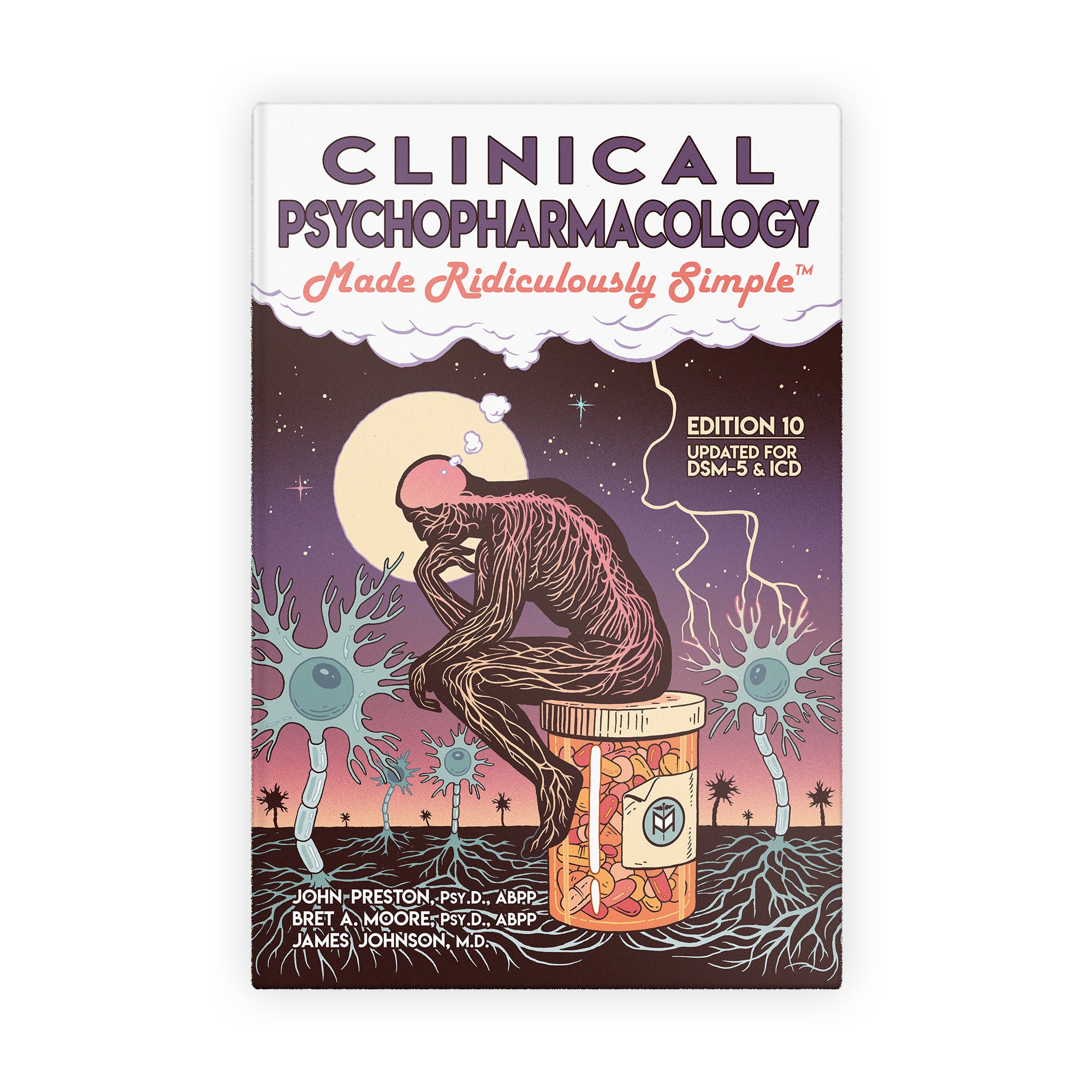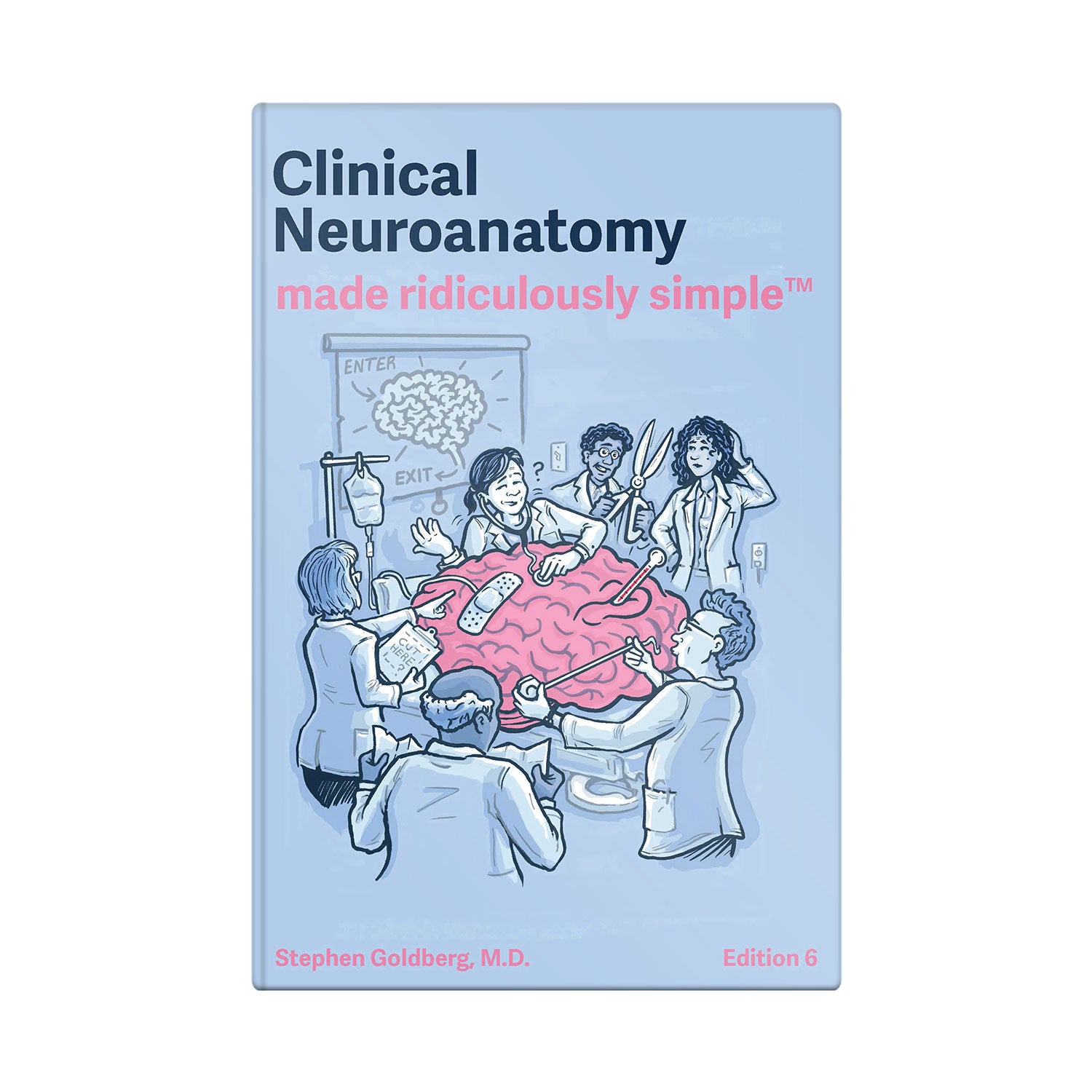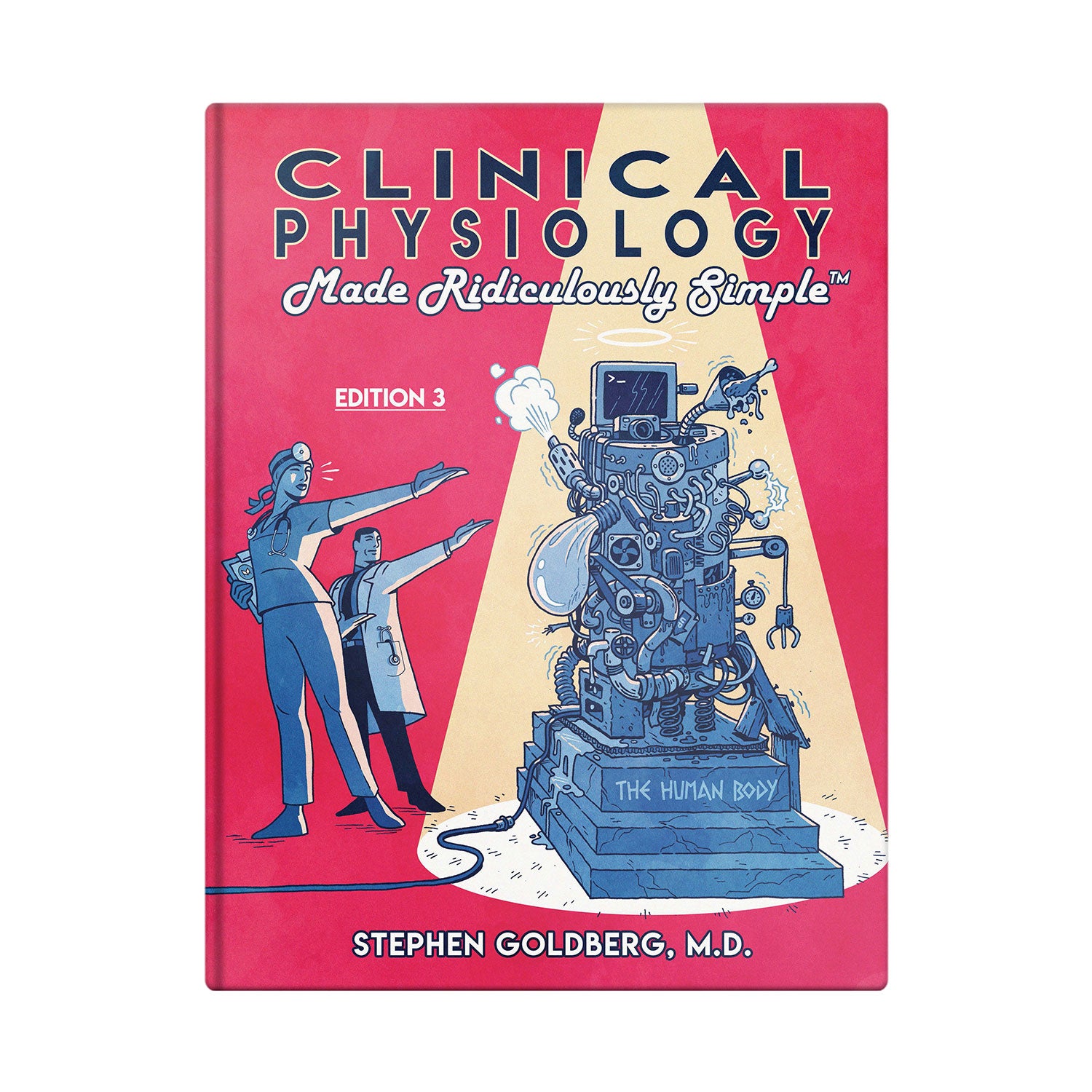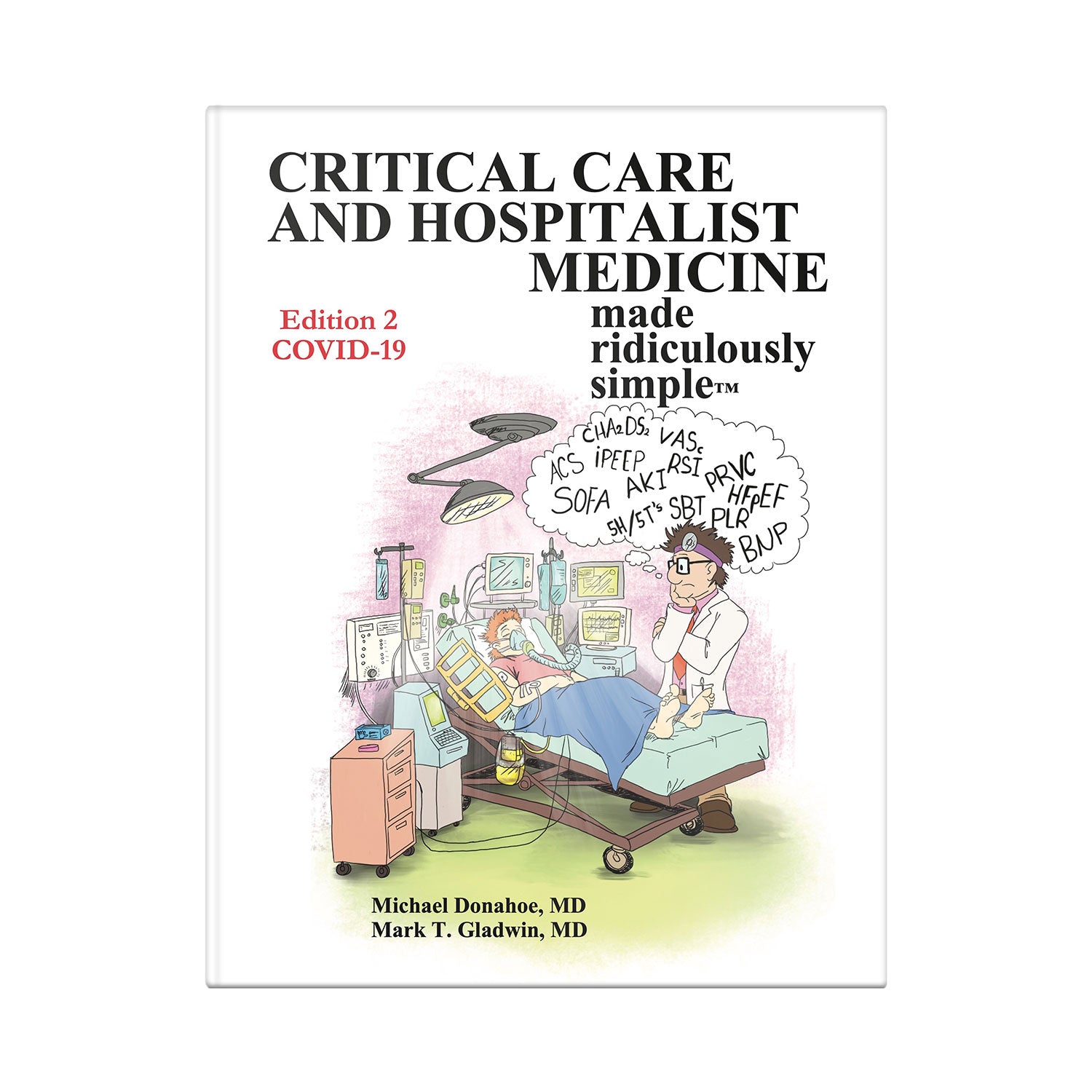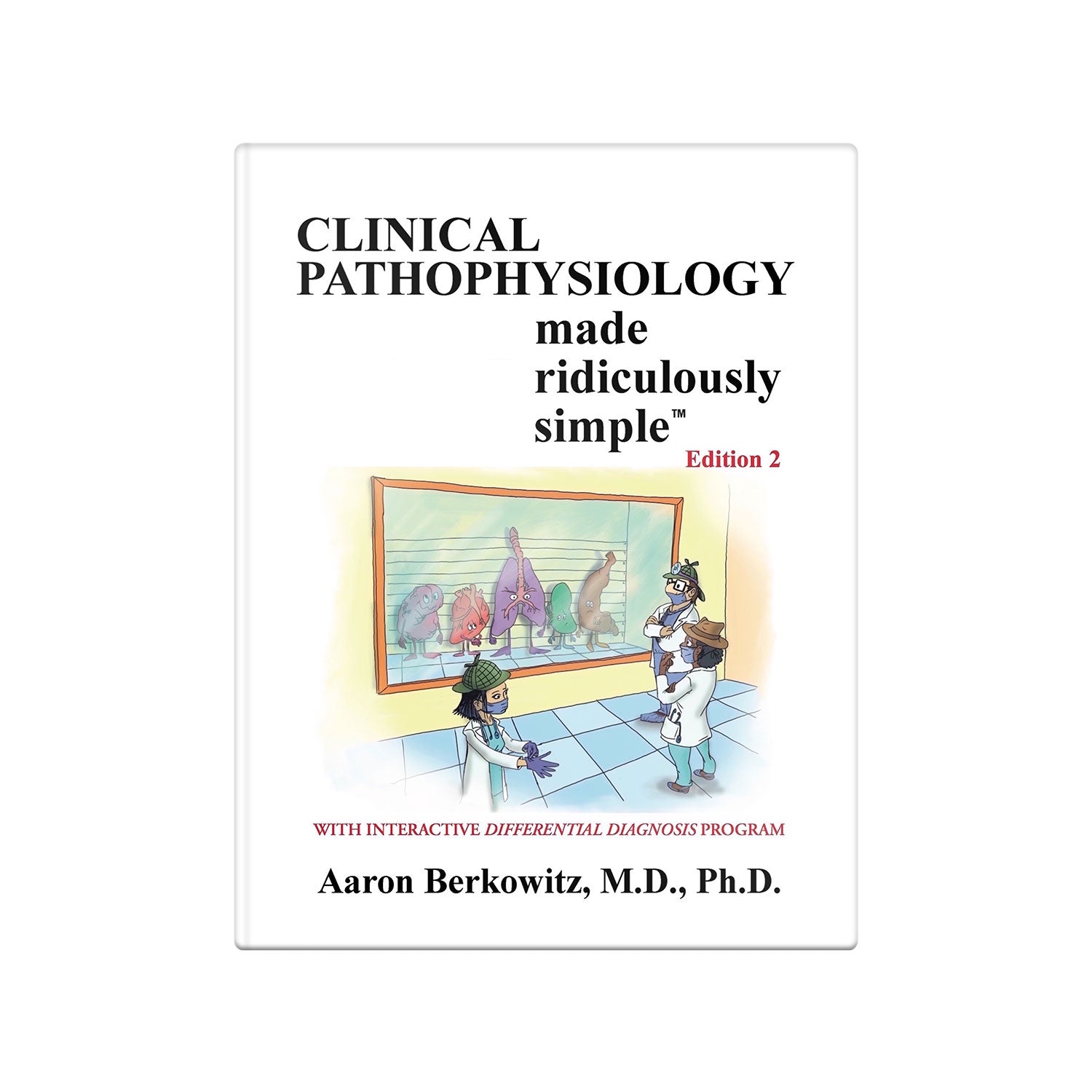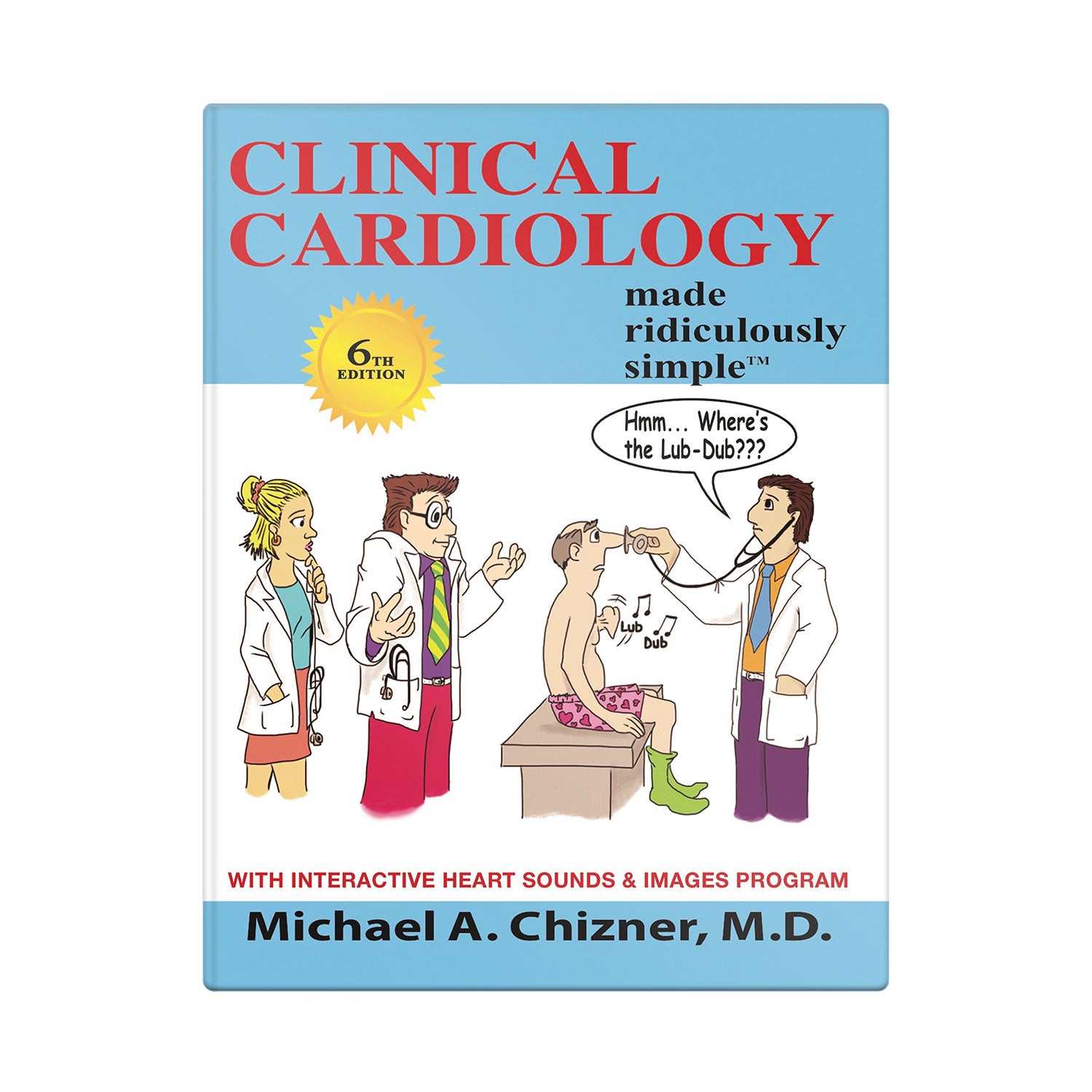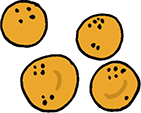
Pattern Recognition In Diagnosis
Humans are expert in recognizing patterns, but often come to the wrong conclusion when they read too much into a pattern (e.g. a face on a pizza)
Previous blogs have discussed memory techniques for rapidly learning and remembering information in medical school:
- Understanding
- Visualization
- Ridiculous Associations
- Substitute Words and Pictures
- Ditties
- The Linking Method
- The Peg Method
- The Memory Palace
- Chunking
- Acronyms
- Hands-On
Apart from these memory methods, there is another aspect of learning that requires more time to acquire, the ability to quickly recognize disease patterns; this depends on experience.
Often a patient presents with a number of symptoms and signs that may all point to one particular disease; or they may be the result of more than one disease; or some signs and symptoms may be red herrings. Without experience, there may be a tendency to create a differential diagnosis that is too large or too small, and without proper assignment of correct probabilities to the various potential diagnoses.
For instance, my wife not infrequently experiences headaches in the middle of the night. When I look up the differential diagnosis for this in one of the computerized programs for differential diagnosis, the leading diagnosis comes up as “massive intracranial hemorrhage.” Obviously, this is not true, but the computer program spins this out because the data was collected from hospital admissions, not outpatient visits. Someone admitted to the hospital with headaches arising in the middle of the night likely has something more serious than someone who is not admitted.
The ability to correctly formulate a differential diagnosis depends on the physician’s experience -- whether it is outpatient or inpatient, and even which area of the country or world, where certain diseases are more prevalent than in other areas. Gaining experience requires time. That is why the medical student’s differential diagnosis is often so long, and not necessarily listed in order of disease probability. Eventually, though, the physician learns to quickly determine the most likely diagnosis, based on known disease patterns. It is important, though, that the physician does not become sloppy and superficially misinterpret patterns by rushing to a diagnosis in the midst of a busy office (or, to save time, simply adopt a shotgun approach, ordering unnecessary tests that may be invasive or expensive).
Humans are expert in recognizing patterns, but often come to the wrong conclusion when they read too much into a pattern (e.g. a face on a pizza). The ability to efficiently arrive at a medical diagnosis comes with learning on a longer time scale than the memory techniques listed above.
The Goldberg Files
The Goldberg Files is based on the struggles of Dr. Goldberg as well as those of his many students which he observed while teaching medical school for 25 years. This extensive blog is dedicated to assisting students in dealing with the stresses of medical education. Want to learn more?

